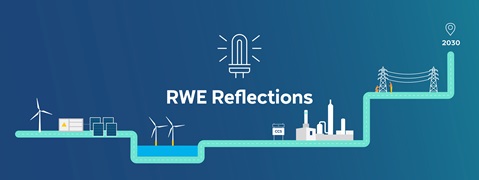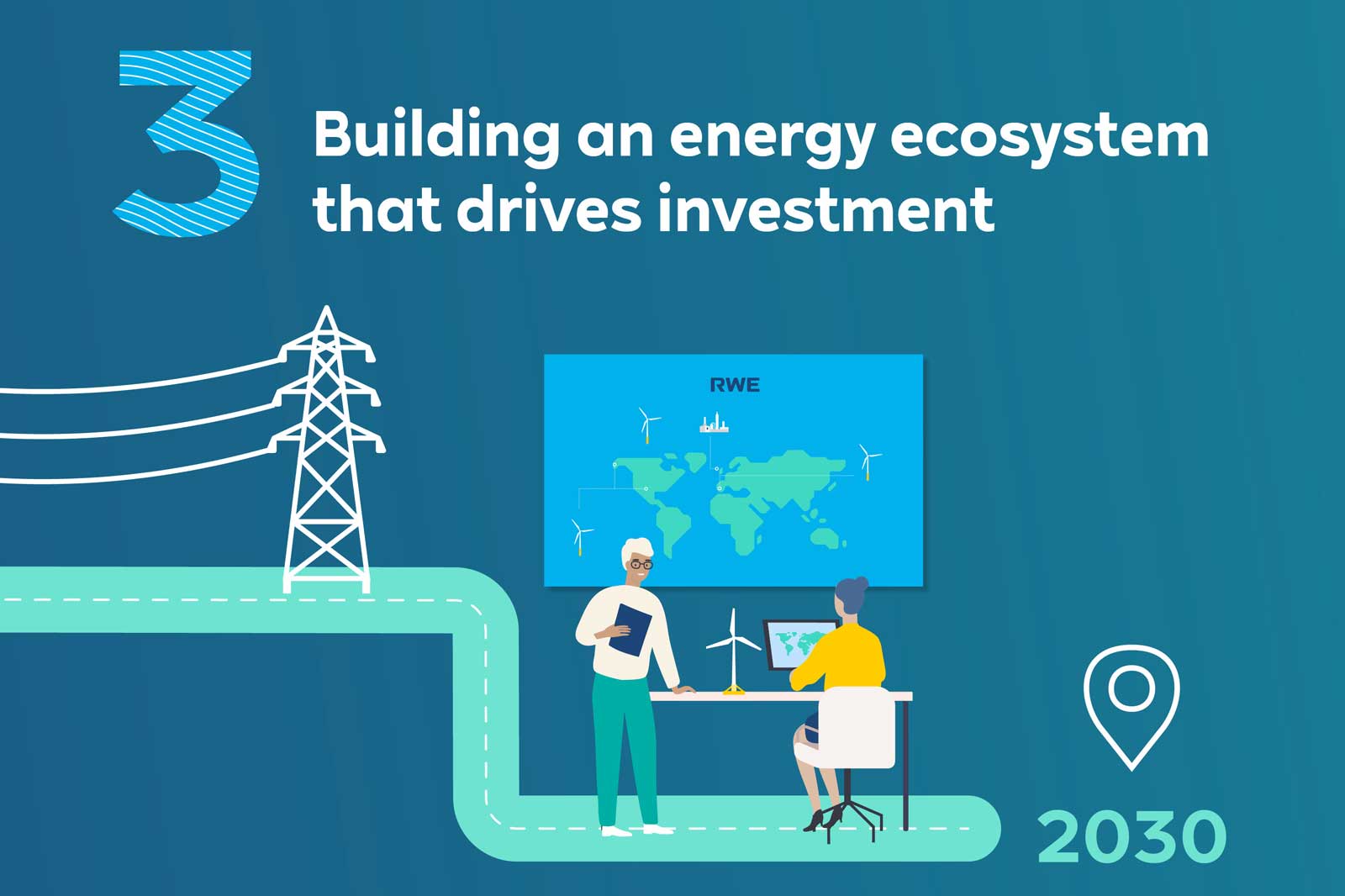


Success requires industry and government to work in partnership - we’re looking forward to playing our part, but there is no time to waste. To make genuine progress, we need a relentless focus on three priorities:
Within days of taking office, the new government has a unique opportunity to potentially secure £15-20 billion investment in the UK’s energy infrastructure. As it stands, the sixth allocation round (AR6) of the Contracts for Difference (CfD) scheme is currently not going to procure the renewables capacity, particularly in offshore wind, that we need. Urgent action to address this will send a strong signal that Labour is really committed to making the UK a clean energy ‘superpower’.
Ahead of CfD AR7, we urge the government to set long-term capacity targets aligned to the 2030 Clean Power ambition, and review the CfD parameters, to ensure they are market reflective, thus ensuring the best value for money for both government and consumers.

Securing the economic benefits for the UK offshore wind supply chain is vital, and we therefore welcome Labour’s emphasis on this, with new initiatives such as the ‘British Jobs Bonus’, and the National Wealth Fund that will invest in strategic energy infrastructure such as ports. However, we must keep a relentless focus on the pace of deployment - therefore we welcome early clarity on how these initiatives will interact with the existing ‘Sustainable Industry Rewards’ (SIRs) policy, and ensure implementation will not delay AR7 – or consider delaying SIRs until AR8.
For onshore wind, we strongly welcome the commitment to overturn the effective ban on new onshore wind in England. In practice, this means moving swiftly to revise the National Planning Policy Framework and committing to bring projects over 50MW back into the Nationally Significant Infrastructure Projects (NSIPs) regime.
Valuable work has recently been undertaken by the Solar Taskforce and next steps would be early publication of a strengthened Solar Roadmap, combined with a Written Ministerial Statement that reaffirms the recognition in the National Policy Statements that solar and agriculture are complimentary, is now crucial.
The Capacity Market (CM) is playing a crucial role in incentivising firm, flexible capacity and it will continue to be a key pillar as we reach net zero. Outstanding legislative changes to the CM must now be progressed to ensure the auction takes place early next year as planned.
The new government should avoid any unnecessary, radical interventions - this means providing early clarity to investors on what a ‘strategic reserve’ of gas power stations actually means – and ruling out going back to the drawing board given a reserve mechanism was recently considered and discounted under REMA.

The UK must massively step up the ambition and pace of Carbon Capture and Storage (CCS). In addition to setting more ambitious targets for power CCS, we would urge Labour to:
Deliver CCS Cluster Track 1 contracts (including Transport & Storage infrastructure) to enable Final Investment Decisions (FID) by the end of Summer 2024
Launch Track 2 to ensure capture projects (both anchor and build out) are shortlisted by the end of Q1 2025
Commit to CO2 shipping as part of Track 2 – a necessity for those areas not within reach of pipeline infrastructure, and a significant international trade opportunity for the UK.
On hydrogen we need to maintain existing budgets and stay on track for a decision on HAR2 in early Autumn, with a commitment to HAR3 and beyond.
Lack of grid infrastructure is the single biggest blocker to deployment of new low carbon power. The new Government needs to ensure that existing initiatives to speed up grid build-out and new connections are implemented as soon as possible, and commission NGESO to develop the (delayed) Strategic Spatial Energy Plan (SSEP). However, whilst strategic planning is essential to inform cost-effective grid deployment, the SSEP should not be overly prescriptive – we urge NGESO to consult with industry to avoid this.

Recent reforms to National Planning Statements that recognise low carbon generation and associated grid as critical national infrastructure are positive steps forward. However, a continued lack of resource has contributed to delays and failure to meet statutory timescales for decisions. We recommend an urgent review of resourcing of local planning authorities and statutory consultees to ensure decision makers are empowered to deliver a real acceleration in planning approvals.
We would like to see clarity on ‘Great British Energy’. GBE has the potential to ‘unlock’ critical private investment in the energy transition, provided it takes a partnership approach to ‘crowd in’ and de-risk investment that would not otherwise have happened, for example, in tidal power.
Finally – we must not lose sight of the fact that climate change is a global problem, requiring multilateral collaboration across borders. We would therefore welcome an early commitment to link the UK and EU emissions trading schemes, in order to maintain liquidity and effectiveness.

